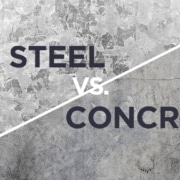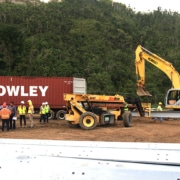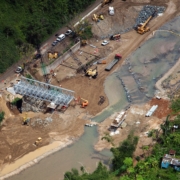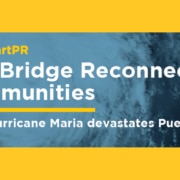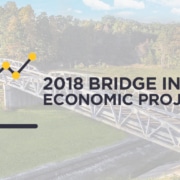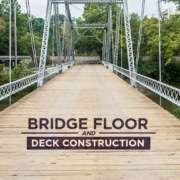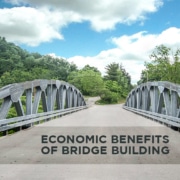A Construction Crisis Management Plan
A crisis on a construction site can mean a lot of different things; a natural disaster, medical emergency, hazardous materials or accidents, and more. No matter what it is, a crisis will always have a huge impact on job sites and project funding. The best way to mitigate its effects is with a well-developed crisis management plan. But how do you plan for the unexpected?
The Importance of a Crisis Management Plan
A crisis in any job occupation is a mess and naturally the same applies to construction. It affects all subcontractors, trades, and shipments involved in the project. Plus the delay means a potential loss of money and credibility. A company or crew that can successfully navigate that kind of situation not only proves its leadership and adaptability but also leaves a positive impression.
A prompt and well-organized response will minimize the negative effects of a crisis on the project and your business.
Identify Potential Crises
In order to properly plan for something, you need to know what exactly you’re planning for. Obviously, this becomes tricky when you’re trying to plan for something unexpected. But one way to make it easier is to identify every potential crisis in a project before construction even begins. Even if it never actually happens it’s good to acknowledge every area of the project that could go wrong or that could be a potential danger to the crew. Once you thoroughly identify every potential crisis then you are able to take the next step of the planning process.
Develop a Response
With your list of potential crises, you can now begin crafting a practical strategy. The best crisis management plan is tailored to the construction project and takes location, type of construction, and external conflict into consideration. Understanding what and who is needed for each crisis early on will help you establish a well-planned and effective response. Using this information, create step-by-step templates for different emergency situations. This guide should include a list of risk factors, site hazards, and each person’s role before, during, and after the crisis.
Now, you can then begin to consider what resources such as equipment and materials are needed to address the situation. In addition, you should predetermine your evacuation routes and communication line beforehand and confirm that your crew knows as well.
Establish a Communication Line
An important part of your crisis management plan is establishing a line of communication with local off-site first-aid responders such as hospitals, police, and fire departments. Connecting first responders with construction engineers, project managers, or others who have a thorough understanding of the job site will speed the crisis response. In addition, develop an efficient method to communicate with employees and their families in emergency situations.
The coordination of a well-developed crisis management plan will help you not only handle the crisis as it happens but become pivotal in the investigation of the crisis afterward.
Train your Team
A good crisis management plan is only helpful if your team actually knows it. Training will help your team recognize their areas of weakness as well as any weaknesses in the plan itself. Include a safety checklist to determine how prepared your team and job site are for a real crisis.
Create a system or policy that confirms that training is updated regularly to ensure the best results. Conducting mock drills and training will not only reinforce the plan to your crew but also produce a prompt and well-trained response.
Consider the Aftereffects
The crisis doesn’t just end when the emergency is over. As a business, it’s important that you have a public relations strategy prepared to avoid causing irreparable damage to the company. This plan of action should specify what you can and can’t say as well as who will be overseeing public announcements. It’s important to have a strategy in place beforehand when you have more time to think than make a mistake in the heat of the moment.
Working with U.S. Bridge
Our 80 years of construction experience is why we can handle construction projects of various caliber. We are confident that our engineering and manufacturing expertise is just what you’re looking for to complete your project! Contact us on our website to learn more about how we can turn your project into a success or fill out our exclusive BridgeScope tool for a quick quote.


